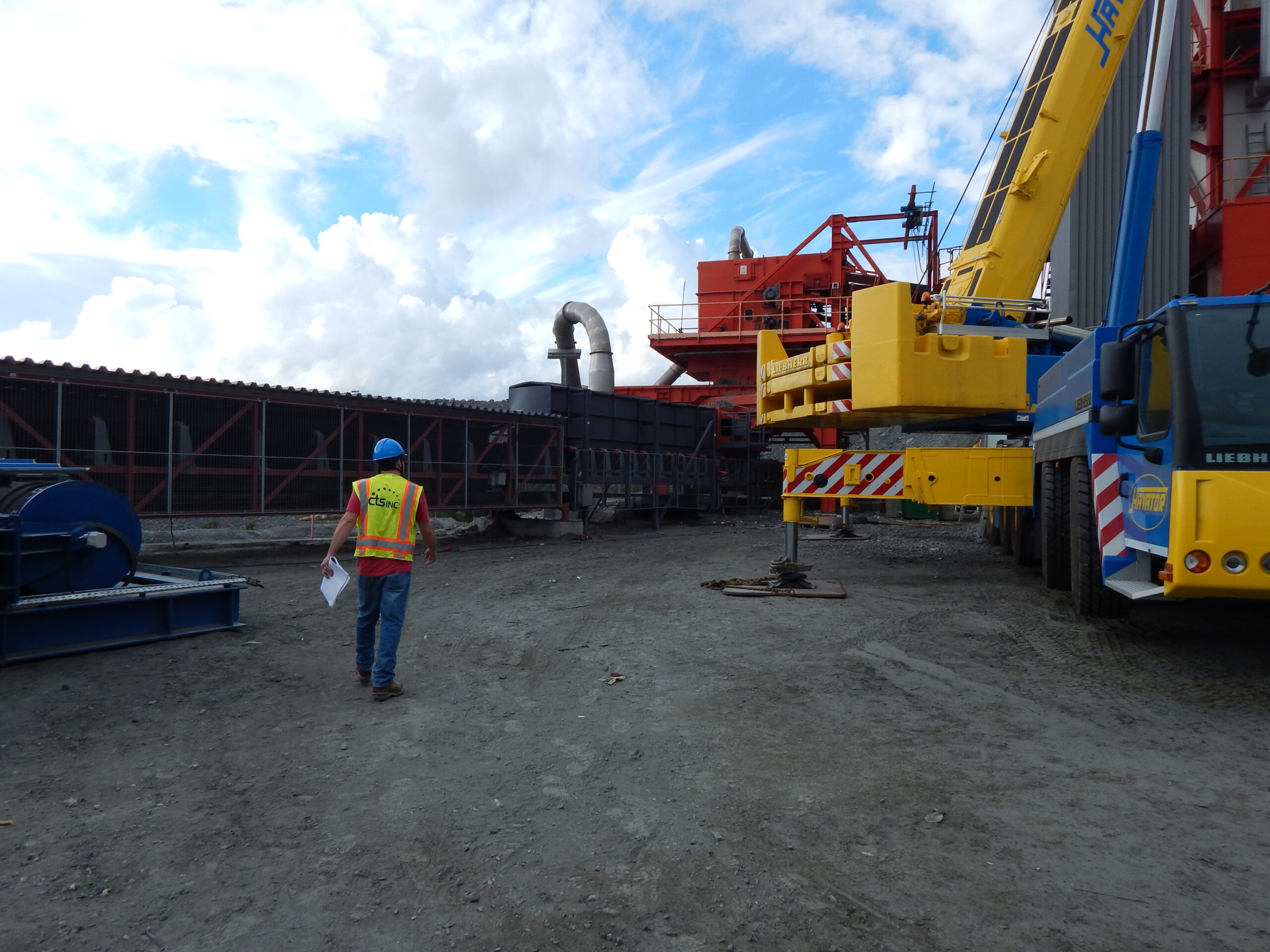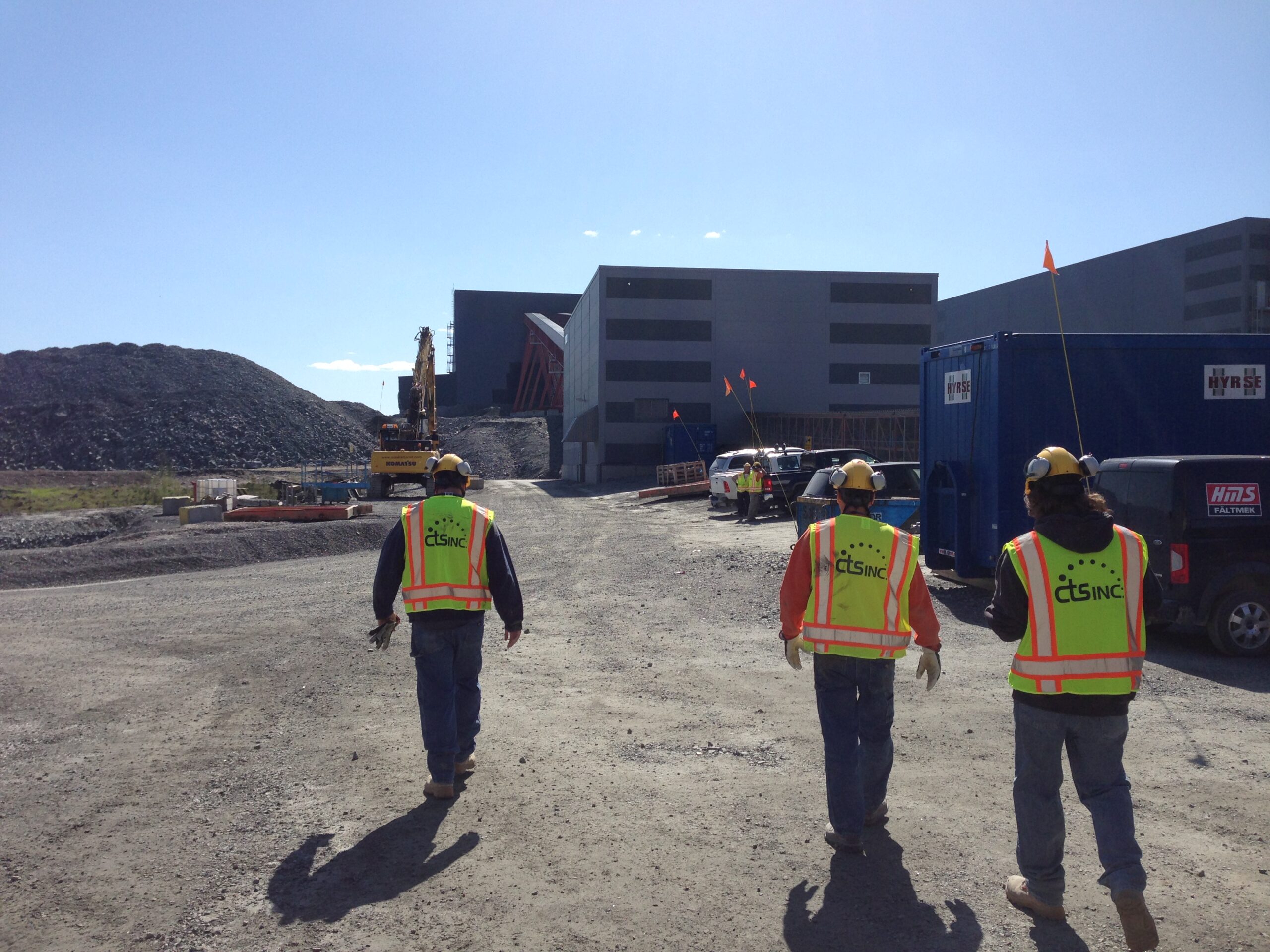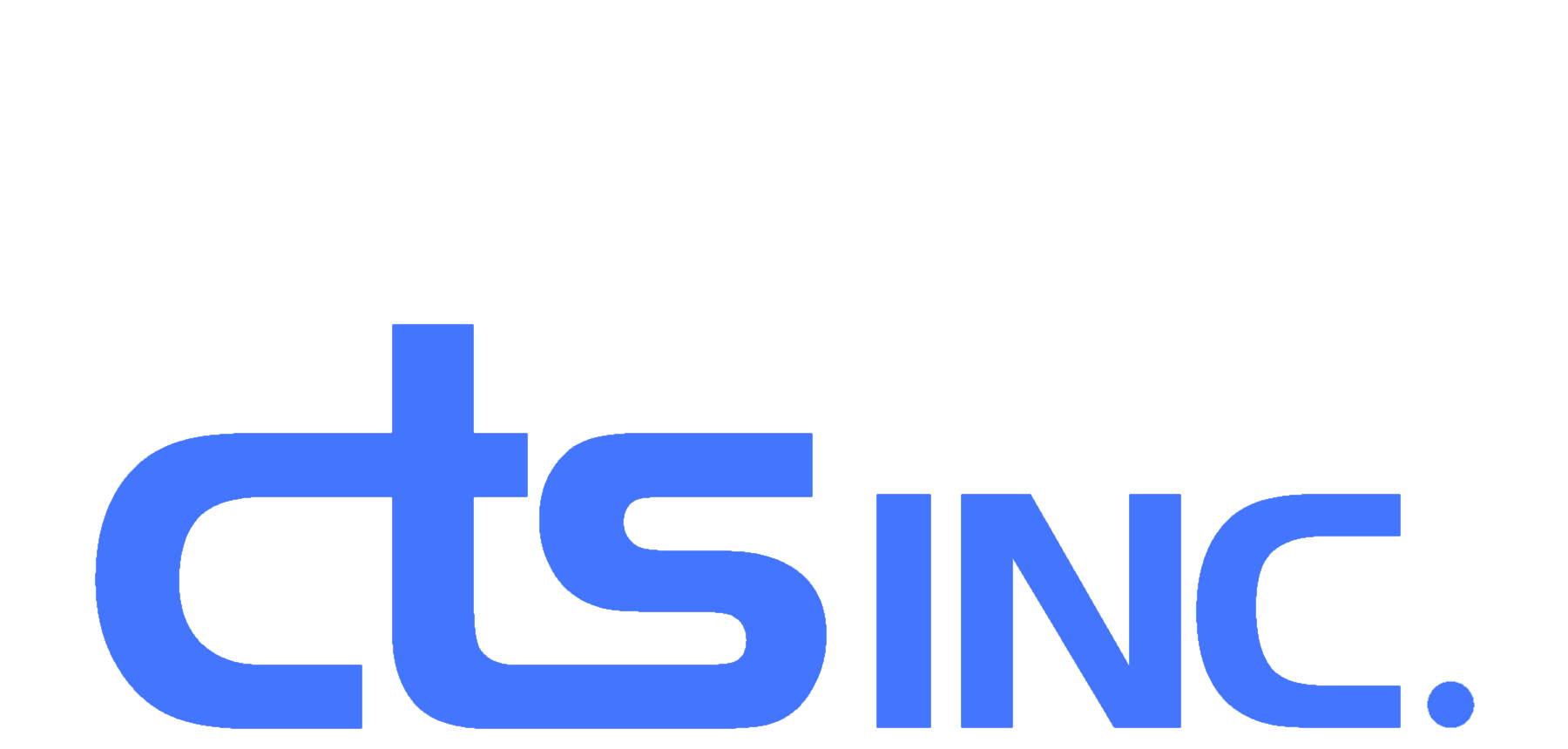
Construction & Construction Management Services
CTS has been providing professional services to various industries including
Automotive, Water & Waste, Food Processing, Pharmaceutical, Power Generation, Pulp & Paper, Mining, Gas Processing, Heat Treating, Food Processing, Machining & Metal Working, Aerospace, General Manufacturing, and many more.
CTS can support projects including design and documentation, including equipment lists, cable & conduit schedules, interconnection diagrams, demolition plans, as-build system drawings, input/output and instrumentation index, loop sheets, equipment specs and installation scope definition.


Our established procedures assess risk, minimize process interruptions,
maintain process integrity and optimize cost savings.
CTS’s trained and experienced staff of managers, technicians and craft labor personnel have the resources to handle and coordinate each phase of the project.
CTS’s consultants, designers, technicians and engineers are dedicated and highly trained to support your outage needs whether you need one technician or a large crew of technicians and helpers, CTS is ready to support your needs.
CTS can support your needs by placing temporary and permanent technicians and engineers at your plant site to support your Process Control, Instrumentation &
Calibration requirements. CTS’s dedicated and highly skilled teams will integrate into your process needs and your staffing goals. CTS’s on-site staffing programs
allows you to focus on your primary processes and places the focus on CTS to provide training, recruiting, systems, human resource needs, and other issues
which pull you away from your primary responsibilities.
CTS has flexible programs and pricing models to best meet your instrumentation and process control requirements.
Food Processing (Frozen, Fresh, Dairy, Proteins, Vegetables)
Food processing industrial automation computer-controlled systems, robotics, and advanced technologies to manage and control various processes in the food production and processing industries. Automating these processes can result in improved efficiency, quality, safety, and traceability of food products. We specialize in HACCP systems and compliancy solutions (USDA, FDA, AHJ, etc.)
- Programmable Logic Controllers (PLCs): We support AB and other industrial platforms specializing in converting from obsolete platforms to modern AB solutions.
- Sensors: Level, Pressure, Temperature, Pressure, Humidity, Flow rate, and other critical process parameters in food processing.
- Robots: Robotics for sorting, packaging, loading/unloading, and even delicate operations like deboning poultry or filleting fish.
- Machine Vision: This involves using cameras and computers to conduct inspections and ensure the quality of food products. Machine vision systems can detect defects, determine portion sizes, and even assess the color of products to ensure consistency.
- Human-Machine Interface (HMI): These are interactive touch screens or interfaces that allow operators to interact with automated systems, monitor processes, and make adjustments when necessary.
- SCADA Systems: Supervisory Control And Data Acquisition systems collect and analyze real-time data. They can monitor entire facilities and ensure everything is running smoothly.
- Traceability Systems: These track products throughout the supply chain, which is essential for safety recalls and ensuring the quality and origin of food products.
- Networking and Communication: Automated systems need to communicate with each other, requiring robust networking solutions, often including wireless technologies.
- Consultation and Design: Determining the needs of the food processing plant and designing an automation solution tailored to those requirements.
- System Integration: Integrating various automation systems, devices, and technologies to ensure they work together seamlessly.
- Programming and Configuration: Customizing software and controls for specific food processing tasks.
- Training: Providing training for plant personnel to operate and maintain the new automated systems.
- Maintenance and Support: Offering ongoing support, maintenance, and upgrades for the automation systems.
- Data Analysis and Optimization: Analyzing the collected data to optimize processes, reduce waste, and improve efficiency.
- Safety Assessments: Ensuring that the automated systems meet all safety standards and regulations.
- Consistency and Quality: Automation ensures consistent processes, leading to uniform product quality.
- Efficiency: Automated systems can operate faster and more efficiently than manual processes.
- Safety: Reduces the need for direct human contact with food, which can minimize contamination risks.
- Labor Savings: Can reduce the need for manual labor in repetitive or dangerous tasks.
- Waste Reduction: Precision in processes can lead to reduced waste.
- Traceability: Automated record-keeping enhances traceability, which is crucial for safety and quality assurance.
- To leverage these benefits, we work with clients to explore opportunities and provide expertise to support the food industry’s specific requirements and challenges.
Water and Wastewater Solutions
CTS Industrial water and wastewater automation services focus on utilizing advanced technologies, sensors, and control systems to optimize the treatment, distribution, and management of water and wastewater in various industries. These services are crucial for ensuring consistent water quality, regulatory compliance, efficient operations, and reducing costs.
- Consultation and Assessment: Evaluating the current systems, understanding the needs, and proposing suitable automation solutions.
- System Design and Integration: Designing the complete automation system and ensuring seamless integration of various components.
- Programming and Configuration: Customizing control systems to meet specific process needs and operational requirements.
- Training: Training plant operators and personnel on how to use and maintain the automation systems.
- Maintenance and Support: Providing ongoing technical support, system upgrades, and routine maintenance services.
- Regulatory Compliance Assistance: Ensuring that the automation system helps industries comply with local, state, and federal water quality regulations.
- Energy Efficiency Optimization: Analyzing processes to ensure they operate with minimal energy consumption.
